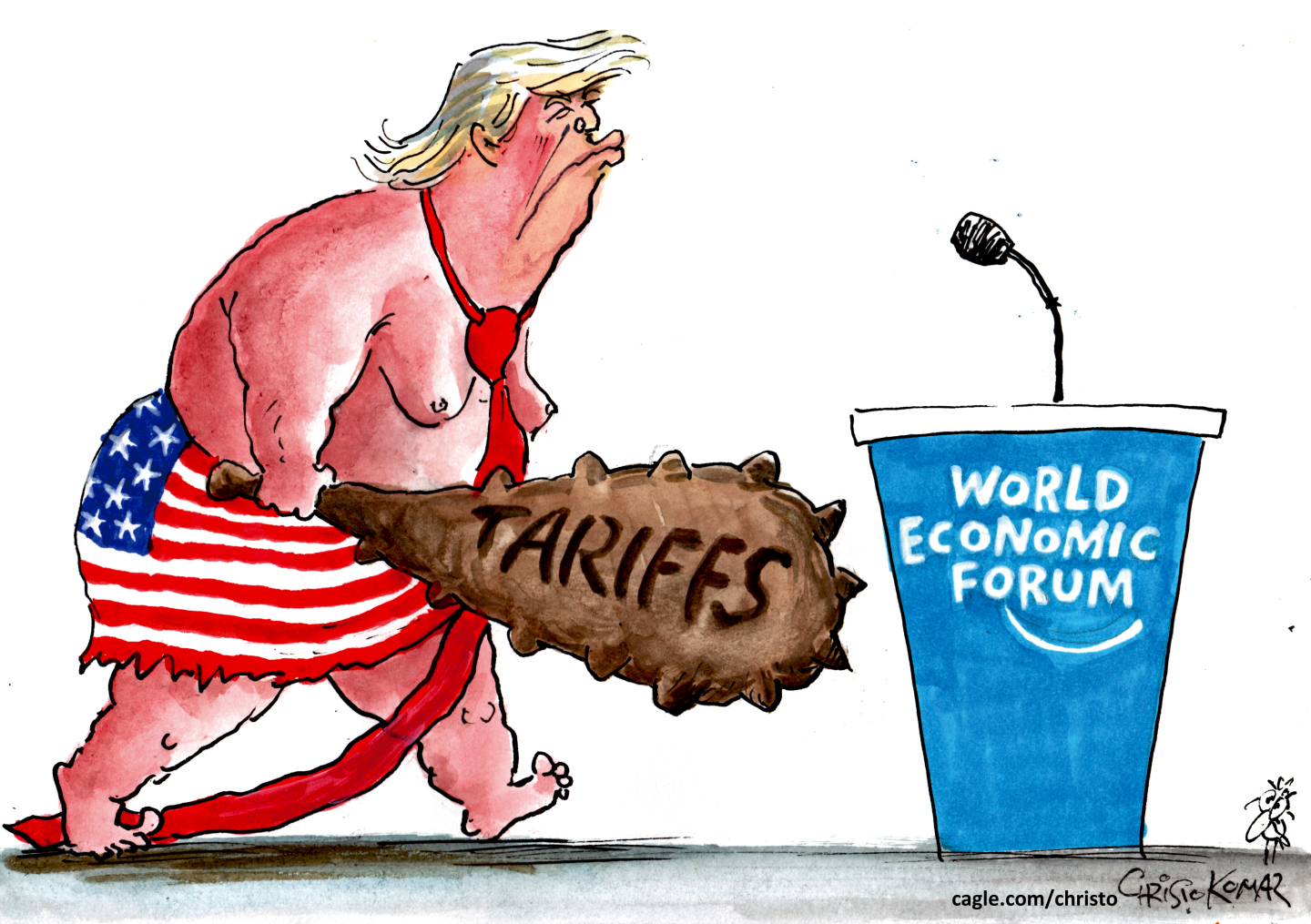The great health-care debate of 2017 has been immensely clarifying
At last, we fully understand what Americans want out of their health-care system


No matter what your political ideology, you probably believe that most Americans agree with you on the substance of the issues — or at least they would, were they properly educated and informed. After all, your preferred policies are self-evidently correct, both morally righteous and practically effective. Right?
But if you're a Republican right now looking at polls about health care, you'll have an awfully hard time convincing yourself that the people are with you. Consider this NPR/PBS/Marist poll, which found that only 17 percent of Americans approve of the Republican bill to repeal and replace the Affordable Care Act. This Quinnipiac poll put support for the GOP bill at 16 percent, and even worse, this USA Today/Suffolk University poll found only 12 percent support for it.
That must be hard for Republicans to swallow, especially since their bill is about as full an embodiment of conservative health-care values as you can get. Yes, there are some hardliners like Ted Cruz and Rand Paul who say it isn't cruel enough, but most every conservative belief about health care is expressed in there somewhere. The bill makes huge cuts to the biggest government health insurance program (Medicaid), hits the poor hardest, cuts back support for everyone, reduces government oversight of insurers, lets the market have its way, and includes a gigantic tax cut for the wealthy to boot. How could the public not embrace it?
The Week
Escape your echo chamber. Get the facts behind the news, plus analysis from multiple perspectives.

Sign up for The Week's Free Newsletters
From our morning news briefing to a weekly Good News Newsletter, get the best of The Week delivered directly to your inbox.
From our morning news briefing to a weekly Good News Newsletter, get the best of The Week delivered directly to your inbox.
The answer is pretty simple: The public just doesn't agree with Republicans on health care — not on the specifics, and not on the values that drive them.
This debate has been clarifying in a number of ways, not least of which is that we now have a better idea than ever about what Americans actually believe when it comes to health care. They may not be all that well-informed as a group — particularly since this is a complex topic where even the most educated and informed consumers can get confused — but they understand more than they did a year ago, and their preferences have become pretty clear. Here are some of the things we now know the public believes:
1. People with pre-existing conditions must be protected. This was one of the key goals of the ACA when it was written, and now that Americans have enjoyed a few years in which they don't have to worry about being denied coverage and they don't have to detail every time they've been to the doctor in the last 10 years when they apply for insurance, there's no going back. A few brave Republicans may lament that we're being too accommodating to people who have ever had a medical issue, but even when the GOP tries to undermine their protections, they claim they're doing no such thing. It doesn't fly.
2. No one should be bankrupted by health bills. As opposition to the Republican health bill has spread, one person after another has told their stories of catastrophic medical costs that would have bankrupted them, eventually making it impossible to get care for them or their family (for instance, watch this West Virginia minister tell Sen. Shelley Moore Capito (R-W.Va.) how her cancer-stricken daughter would not be alive had it not been for the ACA, because she would have long ago surpassed the coverage caps). The GOP bill could bring back the lifetime coverage limits that were so devastating to so many families in the old days.
A free daily email with the biggest news stories of the day – and the best features from TheWeek.com
3. High premiums are bad, but high deductibles might be even worse. As high-deductible plans on the individual market have multiplied in recent years, Republicans realized just how much people hate high deductibles. In response, they made that one of their central critiques of the status quo, that under the ACA, people have plans that don't cover anything until they've spent thousands of dollars out of their own pockets. The trouble, though, is that every Republican plan relies on increasing deductibles, as a way of giving people "skin in the game" and allegedly turning them into smart health-care consumers who will shop around for care and drive prices down. Which leads to …
4. Nobody is actually looking for more "control" and "freedom" in their health coverage. It turns out that nobody wants to shop around — what they want is to go to their doctor, get care, and have it paid for. Being a clever health-care shopper is a gigantic pain in the behind. People want coverage that is secure and reliable, and whether they "control" it in some abstract way matters much less than whether it's there for them. Which leads to ...
5. Government health coverage is just fine. Republicans have known for a long time that Medicare is incredibly popular, which is why they talk about privatizing it but never actually try to; they know the political blowback would be devastating. But until now they thought that they could go after Medicaid — after all, it's just a program for poor people, right? And who cares about them? The trouble is that today Medicaid covers nearly 75 million Americans, including not just poor people but children and the elderly for whom it pays for nursing care. And guess what: Those who are on it think it's great. In one Gallup poll, 77 percent of those on Medicare were satisfied with their coverage, as were 75 percent of those on Medicaid.
Republicans often portray Medicaid as an inherently bad deal, but Americans don't see it that way. As the president of the Kaiser Family Foundation wrote about focus groups they conducted with Trump supporters, "Those with marketplace insurance — for which they were eligible for subsidies — saw Medicaid as a much better deal than their insurance and were resentful that people with incomes lower than theirs could get it." Polls have found overwhelming opposition to the kind of Medicaid cuts that lie at the center of GOP health plans.
6. Health care is a right, not a privilege. Perhaps most Americans wouldn't put it that way, or haven't thought about it in those terms. But watching this debate, even Republicans accept that people believe it, despite what their policies would do. They say that of course they want to protect everyone and make sure everyone can get covered and get care. They promise that their plans will expand that access and that no one will be left behind. They claim that the cuts they want to make to Medicaid aren't actually cuts at all, and will only make the program stronger.
In other words, Republican rhetoric accepts all these liberal premises that the public has come to believe. It's the Republican policies that don't — and Americans' growing understanding of that fact is why the GOP is failing.
Paul Waldman is a senior writer with The American Prospect magazine and a blogger for The Washington Post. His writing has appeared in dozens of newspapers, magazines, and web sites, and he is the author or co-author of four books on media and politics.
-
 Claudette Colvin: teenage activist who paved the way for Rosa Parks
Claudette Colvin: teenage activist who paved the way for Rosa ParksIn The Spotlight Inspired by the example of 19th century abolitionists, 15-year-old Colvin refused to give up her seat on an Alabama bus
-
 5 contentious cartoons about Donald Trump at Davos
5 contentious cartoons about Donald Trump at DavosCartoons Artists take on weaponized tariffs, a cheeky offering, and more
-
 Trump’s ‘Board of Peace’ comes into confounding focus
Trump’s ‘Board of Peace’ comes into confounding focusIn the Spotlight What began as a plan to redevelop the Gaza Strip is quickly emerging as a new lever of global power for a president intent on upending the standing world order
-
 The billionaires’ wealth tax: a catastrophe for California?
The billionaires’ wealth tax: a catastrophe for California?Talking Point Peter Thiel and Larry Page preparing to change state residency
-
 Bari Weiss’ ‘60 Minutes’ scandal is about more than one report
Bari Weiss’ ‘60 Minutes’ scandal is about more than one reportIN THE SPOTLIGHT By blocking an approved segment on a controversial prison holding US deportees in El Salvador, the editor-in-chief of CBS News has become the main story
-
 Has Zohran Mamdani shown the Democrats how to win again?
Has Zohran Mamdani shown the Democrats how to win again?Today’s Big Question New York City mayoral election touted as victory for left-wing populists but moderate centrist wins elsewhere present more complex path for Democratic Party
-
 Millions turn out for anti-Trump ‘No Kings’ rallies
Millions turn out for anti-Trump ‘No Kings’ ralliesSpeed Read An estimated 7 million people participated, 2 million more than at the first ‘No Kings’ protest in June
-
 Ghislaine Maxwell: angling for a Trump pardon
Ghislaine Maxwell: angling for a Trump pardonTalking Point Convicted sex trafficker's testimony could shed new light on president's links to Jeffrey Epstein
-
 The last words and final moments of 40 presidents
The last words and final moments of 40 presidentsThe Explainer Some are eloquent quotes worthy of the holders of the highest office in the nation, and others... aren't
-
 The JFK files: the truth at last?
The JFK files: the truth at last?In The Spotlight More than 64,000 previously classified documents relating the 1963 assassination of John F. Kennedy have been released by the Trump administration
-
 'Seriously, not literally': how should the world take Donald Trump?
'Seriously, not literally': how should the world take Donald Trump?Today's big question White House rhetoric and reality look likely to become increasingly blurred
